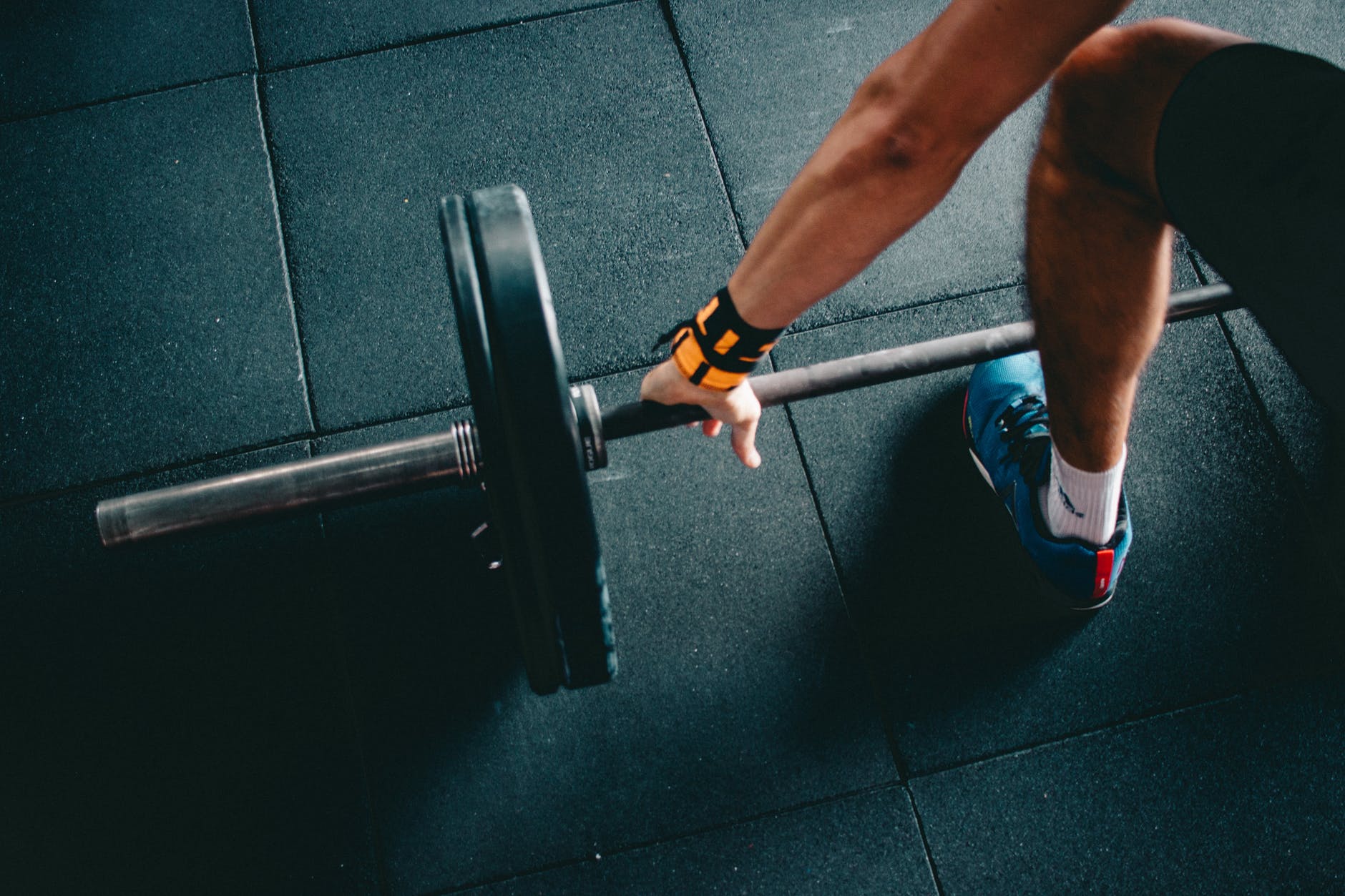Solve the problem that users will not practice, do not want to practice, and cannot afford to practice.
Fitness is hard, fitness is harder in winter.
In this anti-human format, the industry is booming because of the extensive demand for fat reduction and getting rid of sub-health. Typical formats include large integrated fitness clubs such as One trillion Wade and Wales; there are also new fitness studios represented by super orangutans and Leke; the platform for Keep doing this extends to fitness hardware, offline studios and fitness consumer products, etc. In addition to this, the larger market belongs to smaller regional and independent fitness studios, personal education studios, etc.
FaceBody face-to-face sports recently contacted is a boutique small group private training gym. The company was established in April 2017. It has 5 stores in Shanghai for more than three years, covering more than 3,500 members, and a single store area of 300 square meters. There are about 10 points for each class, which can accommodate 8-12 students. The current user retention rate is 73% and the class sales rate is 75%.

In short, Facebody uses small group private education as its core product and operates as a training organization. At the same time, it focuses on social operation. It is based on the team’s three judgments on fitness products:
-
Fitness is a relatively low-efficiency business, so rents should not be too high, and the venue should not be too large.
-
Fitness is a one-kilometer business, so the core of sustainable management is customer retention.
-
Fitness is an anti-energy-saving instinct, so you need to change fitness from persistence to fun and habits.
Compared to the several fitness modes we mentioned at the beginning, FaceBody chose the form of private group lessons. Co-founder Mei Xuefeng told us that the three most common problems for fitness users are not to practice, not to practice, and unable to practice. FaceBody’s innovation in fitness classes is mainly reflected in the one-on-one personal education group reform. The number of students in a class is 10-16, while retaining the personal education experience.
The benefits are: 1. For users who are willing to exercise, having a coach belt in class can solve the problem of not practicing; 2.The price for a single lesson has dropped to three to one-fifth of one-on-one personal education, and the user base has been expanded to a mass group that can receive fitness consumption of about 1,000 yuan per month. The user traffic limit has been increased, and the user’s psychological burden has also been reduced.
After the course model has been determined, the course content must also be addressed. Facebody has referenced a series of foreign private group lesson classes, such as Orangetheory (Orange Concept), F45, CrossFit, etc., and made local optimization and transformation in several aspects such as courses and operations:
-
First is the lesson. Compared with foreign private training fitness studios, Facebody’s course aims to get rid of sub-health, and the core product is fat reduction. Therefore, the curriculum emphasizes cardiopulmonary training, 70% of which is aerobic fat reduction, and the remaining content is strength and plasticity, to achieve as high a consumption as possible during the one-hour course.
The content of the course is divided into four levels from low to high, which is suitable for Xiaobai who has no sports foundation, and can also meet the skills of members with strong athletic ability to unlock. In the elementary course, the popular injuries such as snatch and rocket push in foreign gyms were replaced with squat jumps, battle ropes, and single-leg balance, which are more suitable for Xiaobai users. For advanced users, Facebody also offers one-on-one private lessons, which can also help coaches increase their income.
-
followed by operations. Compared to other fitness studios, Facebody emphasizes social attributes. In addition to building a community and breaking the ice before class to let everyone know each other, teamwork is also reflected here. According to reports, one third of the actions in each lesson need to be completed by the team. In addition, on community content, the team will also interview star coaches and members on a regular basis.
In terms of customer acquisition, compared to the default three kilometers, Facebody believes that a normal fitness studio can cover one kilometer in the crowd, so the site will be located in the surrounding 5 or 6 community points. Through free health lectures, heart rate reports, and other content in the community, customers are acquired, and they will communicate with the community to enter the propaganda group.
About the team, the founder and CEO Tian Bin holds a Bachelor of Arts degree from Northern University of Technology and an MBA from Victoria University of Switzerland. He has been engaged in international trade and factory management for 15 years.He has worked in the physical and nutrition industry for more than 10 years; COO Lu Mingqi has worked in General Mills, and has 7 years of experience in corporate operation management and training; Director of Research and Research Wang Hao is a small group private education expert, is a coach of the American Physical Fitness Association, and a physical training trainer for Chinese professional football players , Has had nearly 500 coach training experience.
The team has now opened a fully managed franchise. Under normal circumstances, the investment return cycle of a single store is about 6 months.
-